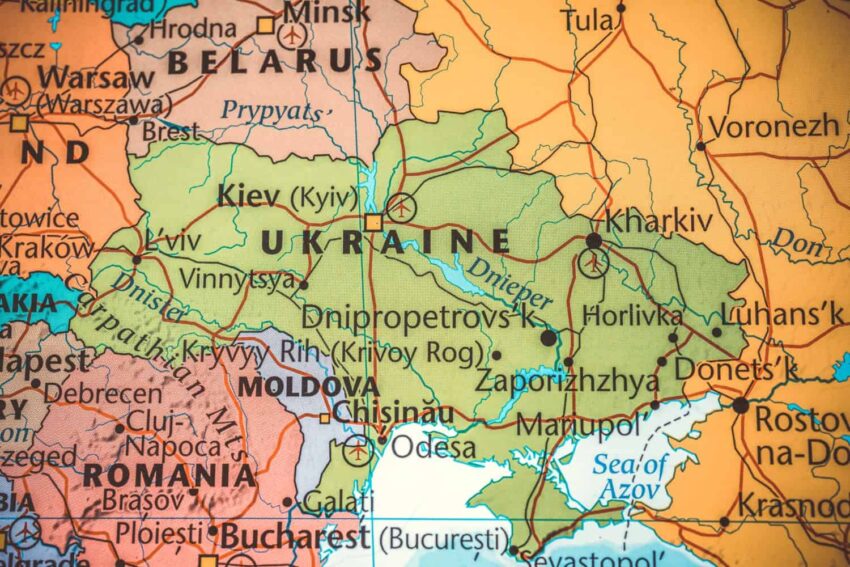Ukraine’s request to be admitted into NATO has been a topic of contention for many years, especially since Ukraine’s highly publicized conflict with Russia that began in 2022. Kyiv has asked for fast-track membership since Russia’s initial attack, and its calls have only grown louder over the years. Despite many NATO allies voicing support for the eastern European country and plenty of public backing in Washington, enough opposition remains to keep Ukraine’s membership from becoming a reality for the time being. To understand the complexities of Ukraine’s desire to join NATO, we must look back at its long history with the western alliance, as well as which specific countries stand in the way.
The main point of debate lies in NATO’s defining principle, Article 5: an attack on one member is an attack on all. In light of Ukraine’s ongoing conflict with Russia, Ukraine membership would mean risk a direct NATO-Russia war. This would significantly raise fears of a global conflict. However, Ukraine wishes to be part of the alliance for the exact reasons that pose risk to NATO nations: all NATO forces obligated to back Ukraine in its fight against Russia. Membership for Ukraine only offers guaranteed security against invasion. This tension makes Ukraine’s NATO application one of the most contentious foreign policy issues of our time.
This slideshow explores Ukraine’s path toward NATO membership, beginning with its early efforts in the 1990s, through the pivotal 2008 Bucharest Summit, and into the challenges posed by today’s geopolitical climate. It highlights the resistance of nations like Hungary and Slovakia, examines the valuable role of U.S. leadership, and reveals how the 2024 U.S. election affected Ukraine’s future. These slides reveal how Ukraine membership could reshape the future of NATO as we know it.
Ukraine’s NATO Ambitions
- Ukraine has pursued NATO membership since the 1990s, mainly seeking security against Russian aggression.
- Russia’s 2022 invasion intensified Kyiv’s calls, requesting fast-track entry.
- NATO membership would reshape the alliance and global security.
Why NATO Membership Matters
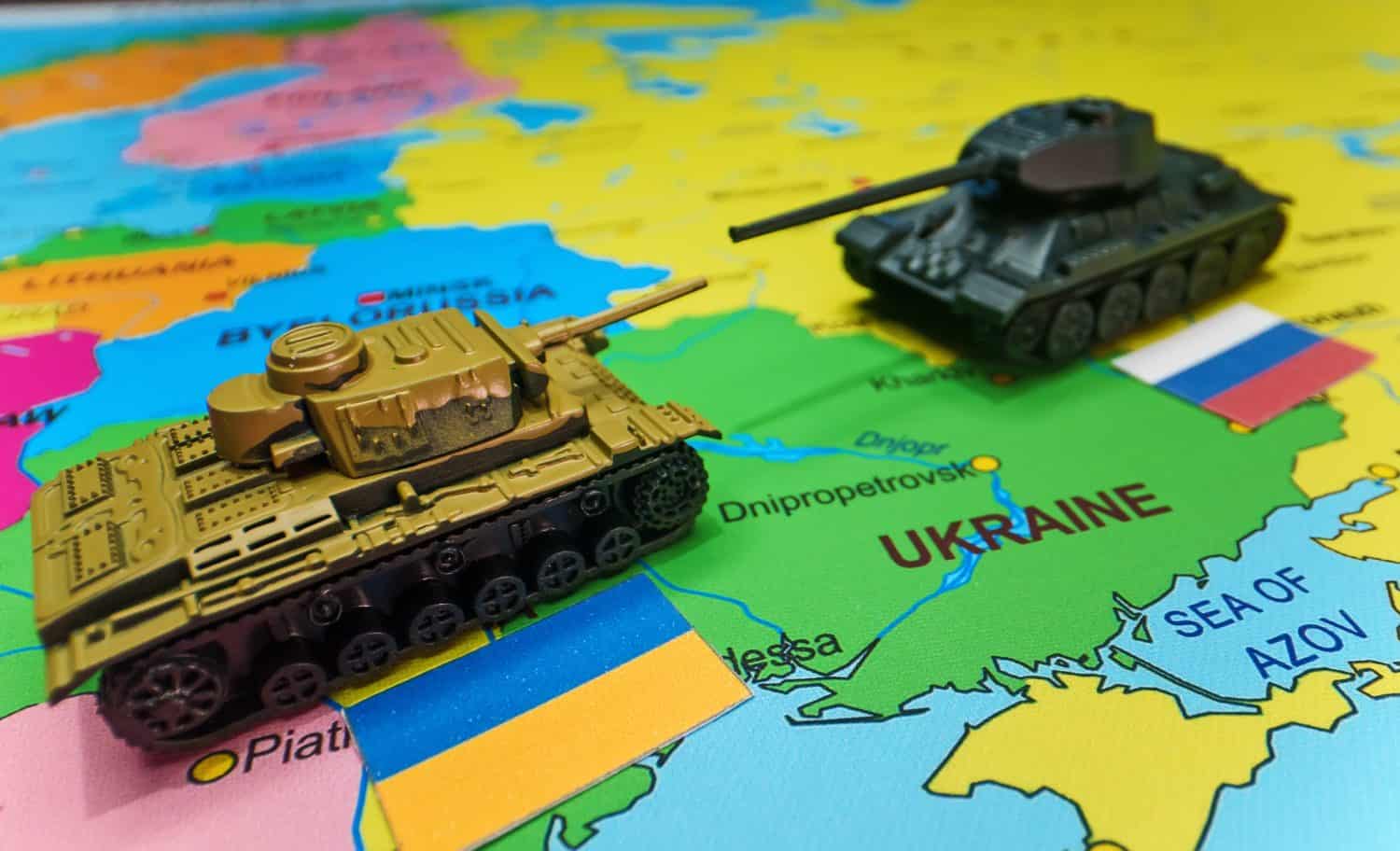
- Article 5 means an attack on Ukraine would be seen as an attack on all NATO members.
- Membership would deter Russia but risks escalating into a third world war.
- Ukraine views NATO as its ultimate security guarantee against Russia.
Ukraine’s Early NATO Efforts
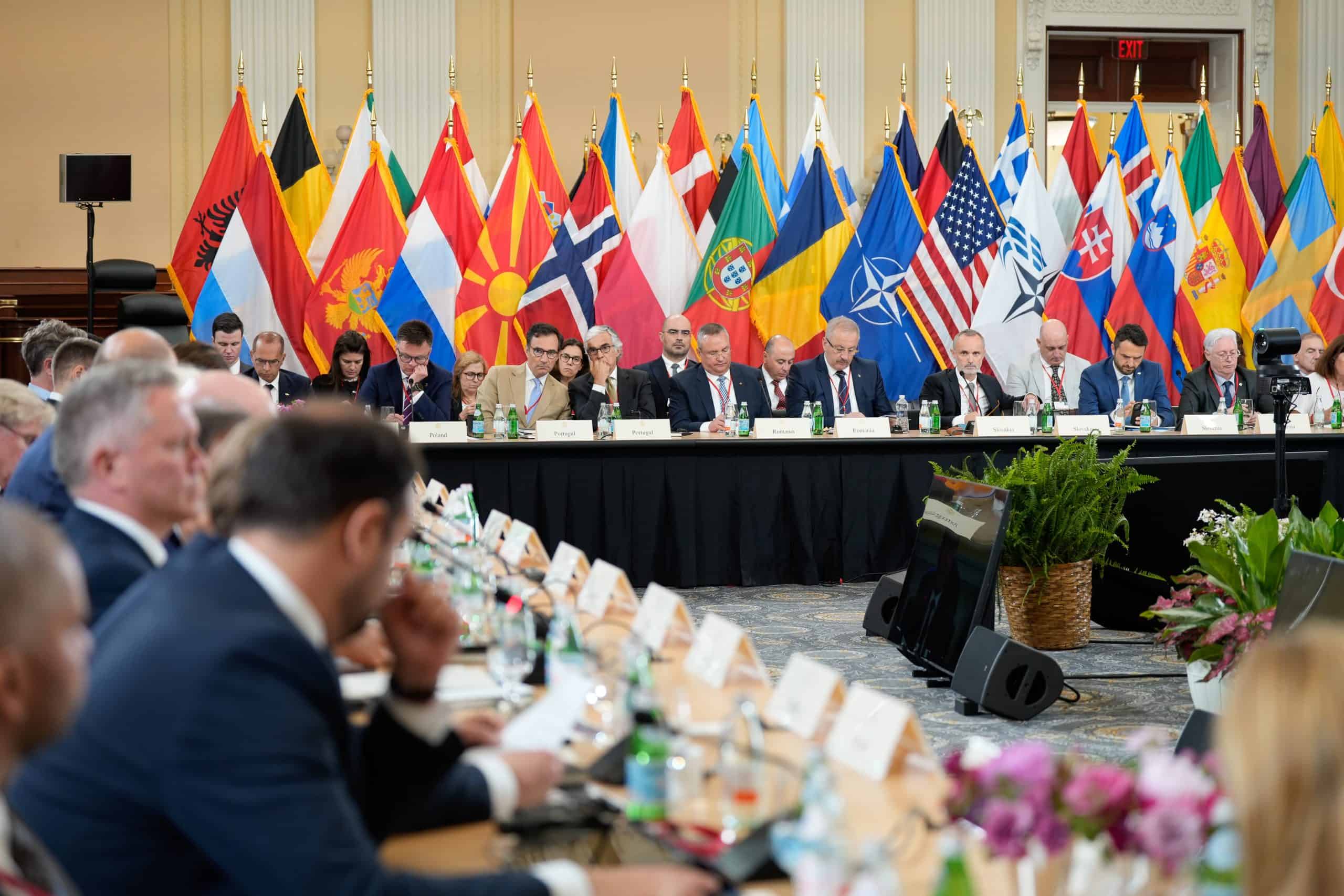
- Ukraine joined NATO’s Partnership for Peace in 1994, beginning formal cooperation.
- In 1997, a NATO-Ukraine commission was established to guide relations.
- Despite setbacks, Ukraine continued to seek NATO integration after independence.
The 2008 Bucharest Summit
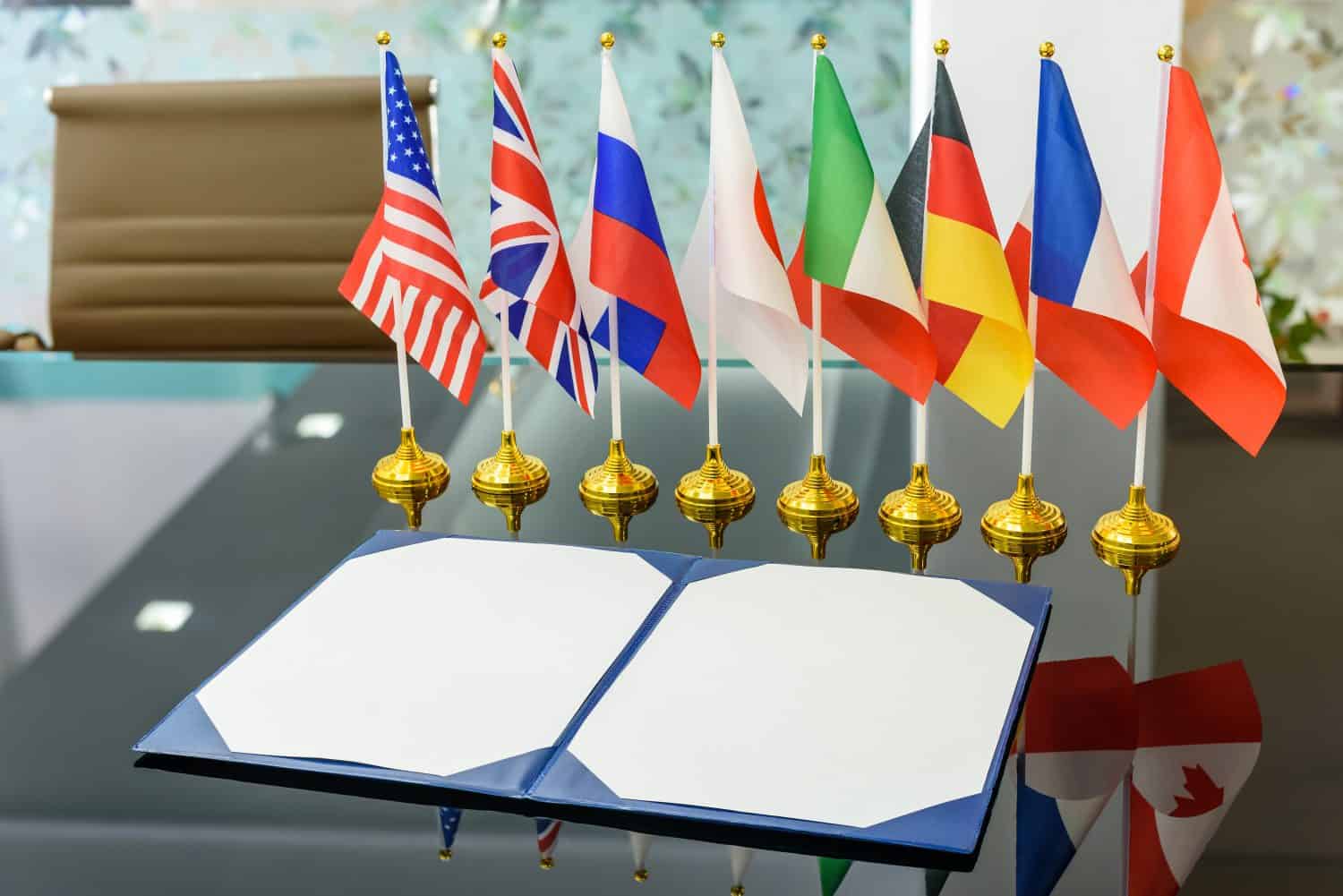
- NATO declared Ukraine and Georgia would become members but did not set a timeline.
- France and Germany opposed immediate membership due to territorial disputes.
- Russia’s later invasions of Georgia and Ukraine validated membership concerns.
Hungary’s Opposition

- Hungary’s Prime Minister Viktor Orban maintains ties with Moscow.
- Budapest opposes sanctions and blocks military aid packages for Ukraine.
- Hungary has spoken out about concerns regarding Ukraine’s treatment of ethnic minorities.
Slovakia’s Shifting Stance

- Slovakia once supplied Soviet-era weapons to Ukraine’s forces.
- Prime Minister Robert Fico returned to power; he vows to block NATO entry.
- Fico insists admitting Ukraine could risk triggering World War III.
The U.S. Role

- The United States has provided more military aid to Ukraine than any other ally.
- Political divides in Washington have slowed new aid approvals since 2023.
- The Trump administration is an ongoing deterrent to Ukraine’s NATO future.
Conclusion: The Road Ahead
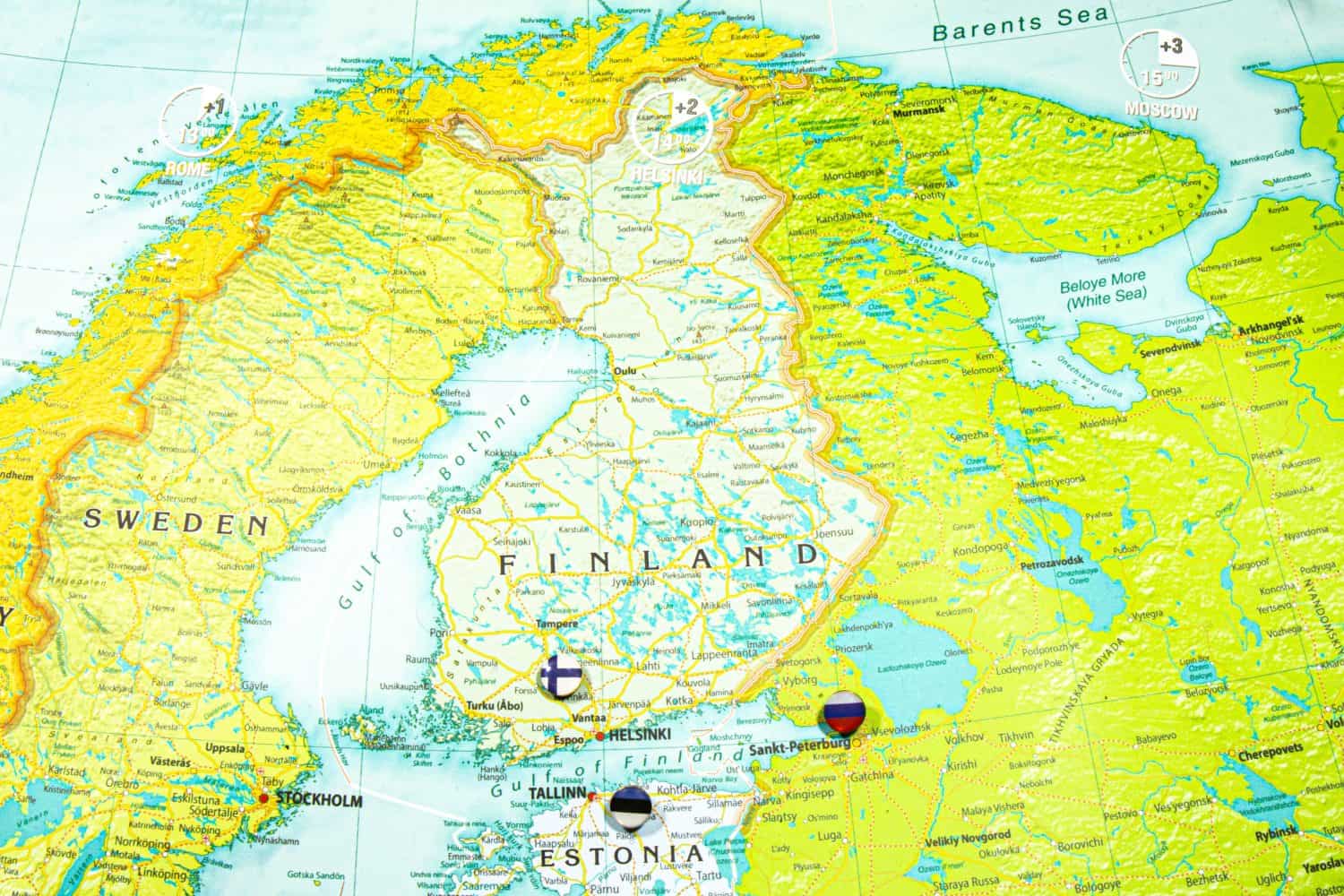
- Ukraine’s NATO bid faces opposition from Hungary, Slovakia, and U.S. skeptics.
- Finland and Sweden’s delayed entries show how one holdout can stall progress.
- Ukraine’s future in NATO hinges on both European and U.S. politics.
The post Ukraine’s 30-Year NATO Quest Faces Resistance from Multiple Nations appeared first on 24/7 Wall St..
Click this link for the original source of this article.
Author: Christian Drerup
This content is courtesy of, and owned and copyrighted by, https://247wallst.com and its author. This content is made available by use of the public RSS feed offered by the host site and is used for educational purposes only. If you are the author or represent the host site and would like this content removed now and in the future, please contact USSANews.com using the email address in the Contact page found in the website menu.

